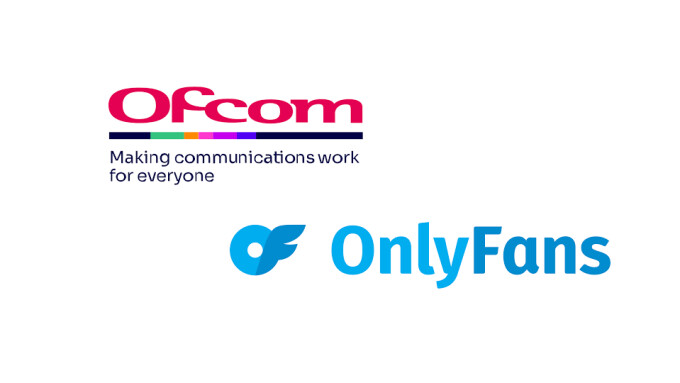LONDON — U.K. communications regulator Ofcom has rejected a formal complaint from OnlyFans, which alleged unfair treatment during a 2022 BBC report about its moderation practices.
The BBC aired the segment, titled “OnlyFans Uncovered” and described as “an investigation,” on its Newsnight program and online through its iPlayer service.
The BBC report reproduced statements by an anonymous source identified only as “a senior U.S. investigator,” who claimed to have found images of minors on OnlyFans.
The BBC reported Monday that it had agreed “not to identify the investigator, who redacted account usernames to protect their investigation.”
According to OnlyFans’ complaint to Ofcom, the BBC acted unfairly by refusing to provide details about the images, such as account handles or URLs, the BBC reported.
“This information, it argued, would have enabled it to find out if the images had ever been posted on the platform, or if they had, how quickly they had been removed or reported,” the BBC report noted. “OnlyFans said that this had denied it a meaningful right of reply and left viewers with a misleading impression of its safety efforts.”
Ofcom, however, rejected the complaint on Monday, finding that “OnlyFans had been provided with sufficient information to understand the nature of the allegations and given an appropriate and timely opportunity to respond,” BBC reported.
Earlier this month, Ofcom opened a separate investigation into “whether adults-only website OnlyFans is doing enough to prevent children accessing pornography on its platform,” Reuters reported.
An Ofcom rep told Reuters, “Having reviewed submissions we received from OnlyFans in response to formal information requests, we have grounds to suspect the platform did not implement its age-verification measures in such a way as to sufficiently protect under-18s from pornographic material.”
U.K. politicians routinely use such allegations in the media to justify government regulation of free speech online. The BBC also has a history of broadcasting sensationalist “porn panic” stories, routinely quoting anti-porn activists without questioning their claims.
As XBIZ reported, in 2021, BBC News’ education editor published a tendentious report advocating government censorship of adult material, cherry-picking a variety of questionable sources. One example was a man identified only as a concerned parent, who turned out to be a clergyman with an active campus ministry, who posted YouTube sermons about the evils of pornography.







